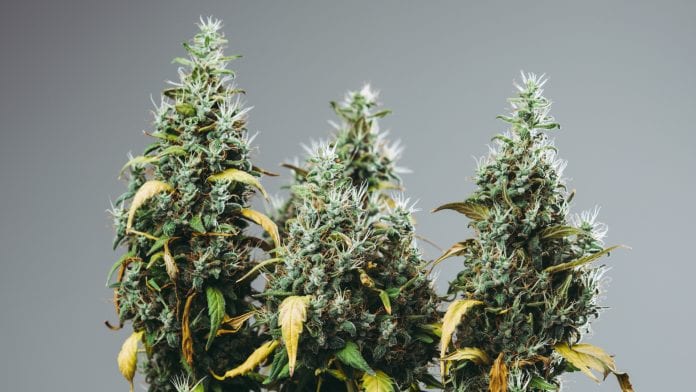
In this article Ian Hamilton of the University of York and Harry Sumnall of Liverpool John Moores University discuss three reasons why the Conservative government might legalise cannabis.
The Conservative government abruptly and unexpectedly lifted restrictions on medicinal cannabis in 2018. This is viewed by some as a necessary prelude to a more liberal approach to recreational drug use. Certainly, recent opinion polls suggest the British public support legalisation – even if they are unsure of Prime Minister Boris Johnson’s views on this.
Predicting what will happen with drug policy is difficult, but here are three reasons a shift in cannabis policy could well happen.
Voter appeal
Such a shift would appeal to younger voters, while not necessarily riling traditional (and new) Conservative government supporters. Tailoring a message to these differing groups is something Dominic Cummings has proved to be adept at. Health-orientated responses to drugs tend to be better supported by younger people. In contrast, criminal justice is the priority for older people and those who identify as being politically conservative.
One of Johnson’s key crime and justice advisers, Blair Gibbs, has worked with prominent UK cannabis policy reform groups. This brings specialist insights into the framing of cannabis policy proposals and the potential impacts of legal change.
There is growing public concern about the harms of county lines, where gangs expand their drug dealing activity from urban to rural areas. There is also concern about modern slavery and the exploitation of trafficked growers. While the reality doesn’t always match the headlines, it’s clear that these are issues that ministers see as a priority and ones the public care about.
New modern slavery powers have been introduced that are designed to tackle the domestic and international trafficking of vulnerable people in the drugs trade. A legally regulated domestic cannabis market could disrupt both gangs and traffickers and undermine their operations.
A strategy that permits adult recreational use that is “sold” to the public through protection of the health of the vulnerable but still shows toughness towards other types of drug use, might bridge this generational divide.
Mental health benefits
The Conservatives have already promised to treat mental health with the same urgency as physical health. We could go some way to protect the population by limiting the THC content of cannabis. Regulation could also limit contaminants or pesticides that consumers are exposed to in cannabis products. We should learn from the way that American states have tried to regulate access to cannabis, some appear to have little influence on the strength of cannabis products or prevent other public safety issues such as drug driving.
Tax revenues
The potential for raising tax revenue and making investors and party donors rich may be the most compelling attraction for regulation. States in the US that have legalised cannabis have raised hundreds of millions of dollars. But caution is warranted because tax receipts haven’t always matched optimistic projections, and we may be seeing a burst of the cannabis investment bubble.
This tax revenue is often pledged to fund specialist drug treatment, something governments should be doing anyway. Relying on overly optimistic tax revenue projections adds to the fragility of these services. And as we saw with sugar tax revenue, unless the money is protected, the danger is that it is just absorbed by the Treasury.
While we might not be able to predict the speed and nature of cannabis policy change, new approaches must be informed by lessons learned from the regulation of the tobacco and alcohol markets. If policy does change, it’s important to prioritise public health and social justice interests, rather than just those of industry.
We also need to ensure that smaller growers and distributors have equitable access to any new market – not concentration of industry populated by the already rich and privileged. But if the history of alcohol and tobacco regulation is repeated for cannabis, then perhaps money rather than evidence will shape who sells and who benefits from policy change.![]()
Ian Hamilton
Associate Professor, Addiction and Mental Health
University of York and
Harry Sumnall
Professor in Substance Use
Liverpool John Moores University
This article is republished from The Conversation under a Creative Commons license. Read the original article.
Do you want the latest news and updates from Medical Cannabis Network? Click here to subscribe to all the latest updates, and stay connected with us here.










